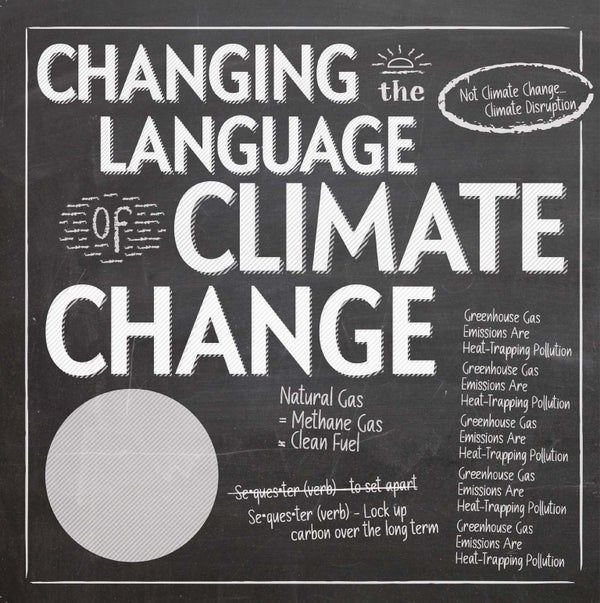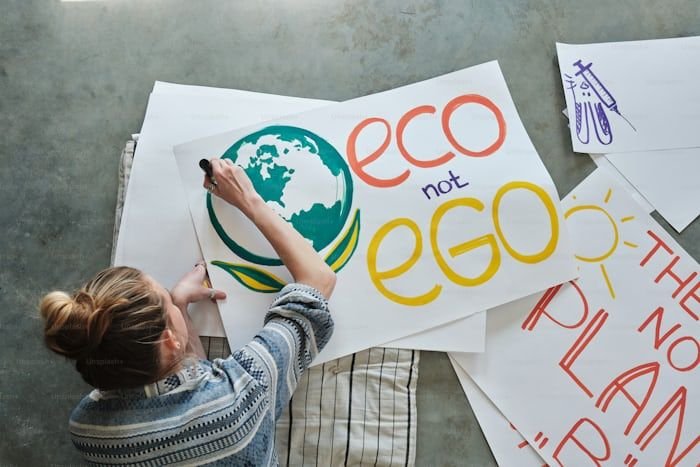In an era where climate change stands as one of the most urgent global challenges, the pivotal role of language in shaping our response to this crisis must not be underestimated. Language serves not only as a medium for communication but as a potent force that can mold perceptions, incite action, and foster collaboration across borders.

1. Language as a Catalyst for Awareness
Our discourse on climate change significantly shapes public awareness and engagement. The choice of terms such as “global warming” and “climate crisis” elicits varying emotional responses and levels of urgency. By meticulously selecting our words, we have the power to effectively convey the gravity of the situation and inspire individuals and communities to take action.

2. Translation and Accessibility
Addressing climate change demands a global response, yet scientific research and policy documents are predominantly available in a limited number of languages, primarily English. This language barrier can exclude non-English speaking communities from crucial discussions and decision-making processes. Translators play a pivotal role in ensuring climate information is accessible to a wider audience, thus ensuring that everyone can contribute to and benefit from climate action.

3. Indigenous Languages and Traditional Knowledge
Indigenous communities hold invaluable traditional knowledge regarding sustainable living and environmental stewardship. Preserving and promoting indigenous languages is essential to safeguard this knowledge and integrate it into modern climate strategies. By honoring and integrating indigenous perspectives, we can develop more comprehensive and effective solutions to combat climate change.

4. Language and Policy Advocacy
Effective climate policies necessitate clear and persuasive communication. Advocates and policymakers must employ language that resonates with diverse stakeholders, from local communities to international organizations. Crafting compelling narratives and using inclusive language can garner broad-based support for climate initiatives and drive meaningful change.

5. The Role of Media and Storytelling
Media and storytelling serve as potent forces for raising awareness and inspiring action. Documentaries, news articles, and social media campaigns that spotlight personal stories and local impacts of climate change can render the issue more relatable and urgent. By amplifying voices from divergent linguistic and cultural backgrounds, we can form a more inclusive and impactful climate movement.

Conclusion
Language is a vital component of climate action. By recognizing its power and leveraging it effectively, we can bridge gaps, build solutions, and foster a more inclusive and collaborative approach to addressing the climate crisis. As we continue to navigate this challenging landscape, let us recognize that every word holds profound significance.




